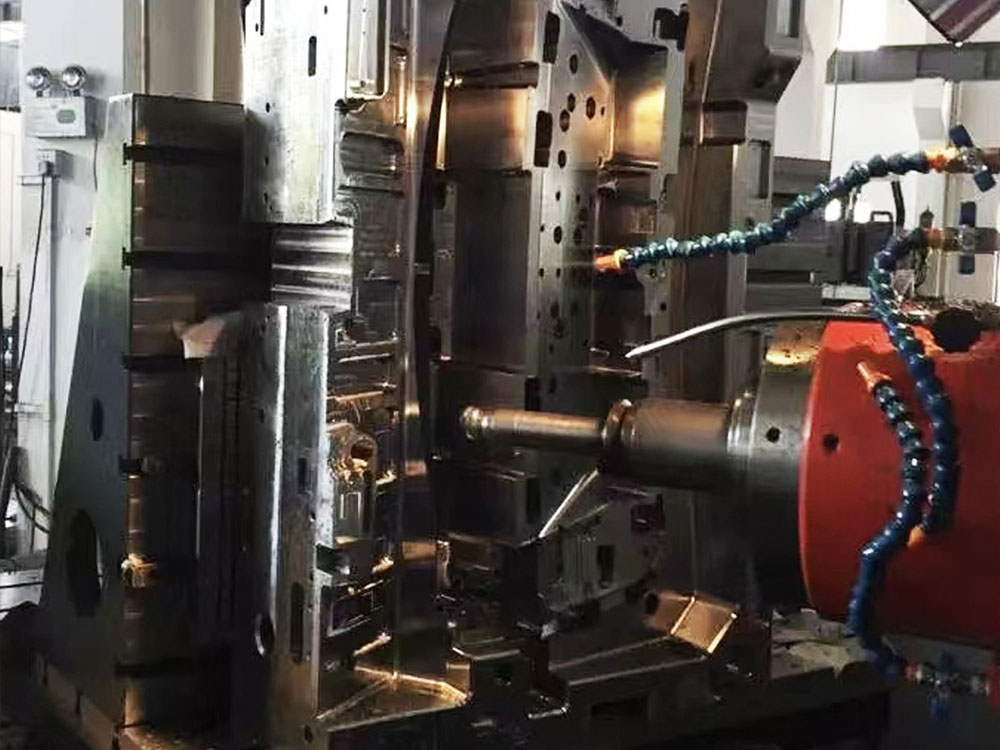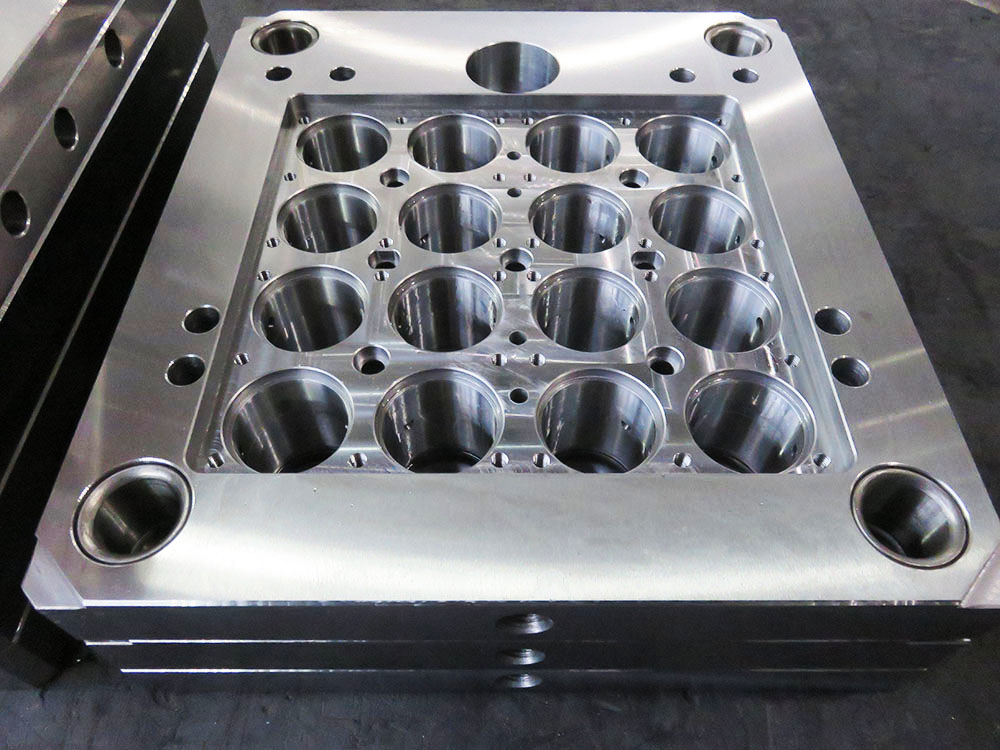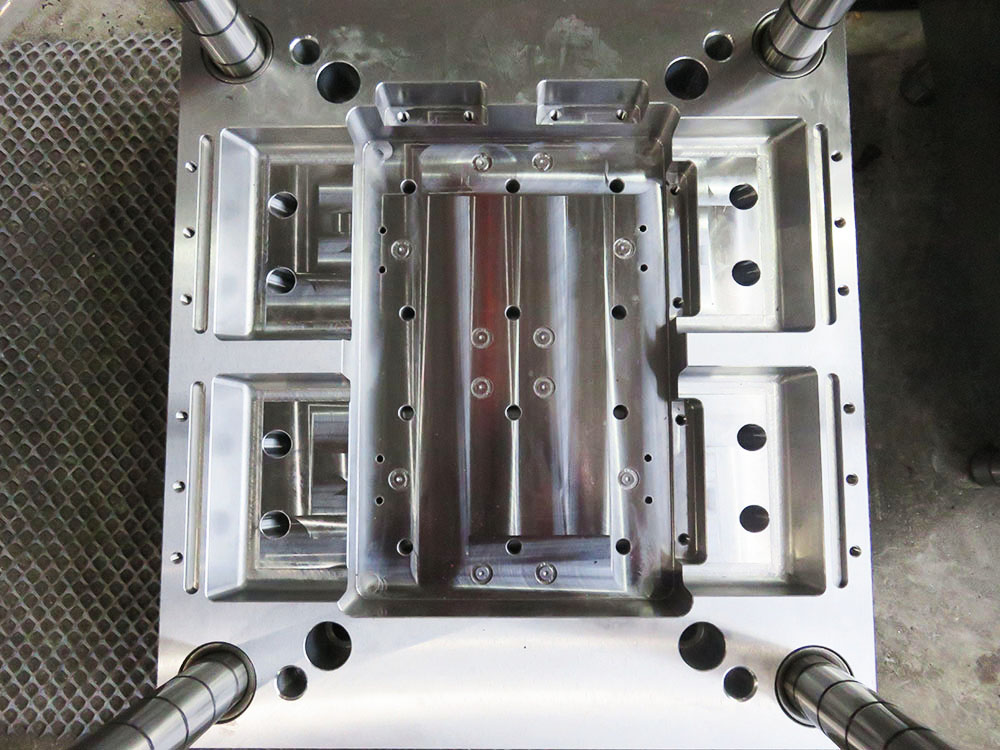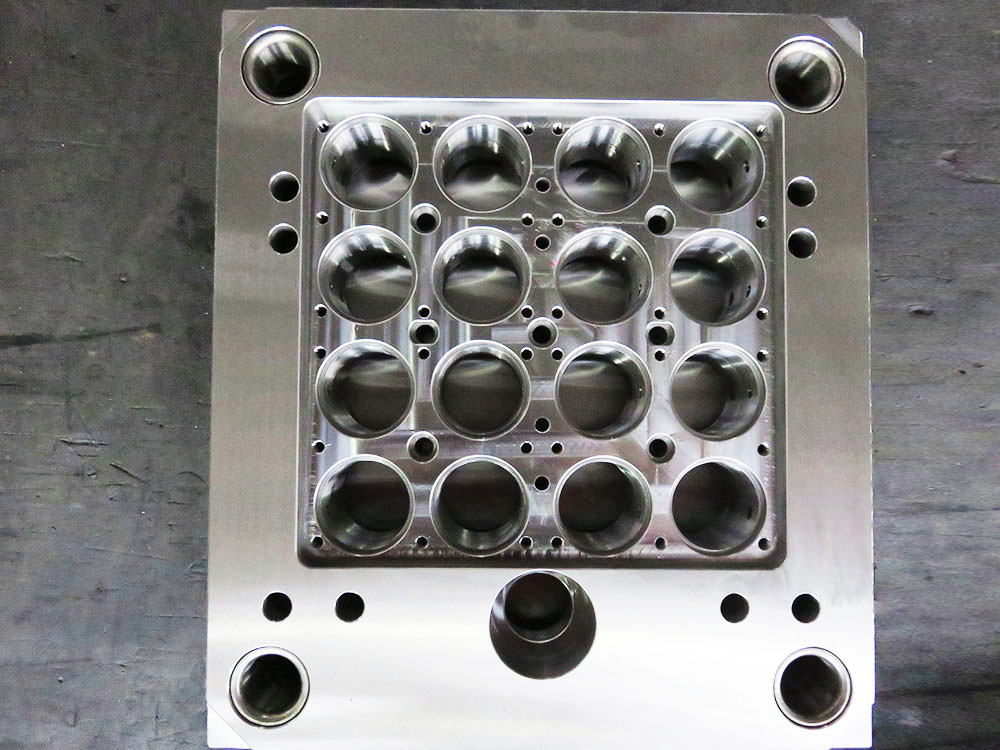Introduction to Precision Mold Base Industry
The precision mold base industry plays a crucial role in the manufacturing sector. Mold bases are essential components in the production of various products, ranging from consumer goods to industrial equipment. With their precise design and high-quality materials, precision mold bases contribute significantly to the accuracy and efficiency of the molding process.
Definition and Function of Precision Mold Base
A precision mold base refers to a standardized and pre-fabricated platform that serves as the foundation for creating molds. It provides support and stability to the mold components, such as the cavity, core, and inserts, ensuring accurate and consistent molding results. The mold base acts as a framework, allowing for easy assembly and disassembly of mold components, reducing downtime and improving efficiency.
Key Features and Components
Precision mold bases are manufactured with meticulous attention to detail and employ advanced technologies to meet the demanding requirements of modern manufacturing. Here are some key features and components of precision mold bases:
1. Material: Precision mold bases are typically made from high-grade alloy steels or other suitable materials with excellent dimensional stability and wear resistance. This ensures the durability and longevity of the mold base, even under challenging operating conditions.
2. Precision Machining: The manufacturing process involves precision machining techniques such as CNC milling, grinding, and wire-cutting. This ensures tight tolerances and accurate dimensions of critical features, allowing for the smooth functioning of mold components.
3. Standardization: Precision mold bases adhere to industry standards, such as the DME or HASCO standards, ensuring compatibility with a wide range of mold components from different suppliers. This interchangeability simplifies the mold design process and facilitates efficient production.
4. Cooling System: Many precision mold bases incorporate an efficient cooling system to regulate the temperature during the molding process. Proper cooling enhances the quality of the molded parts, reduces cycle time, and prevents defects caused by heat-related issues.
Advantages of Precision Mold Base
The use of precision mold bases offers several advantages to manufacturers:
1. Cost-efficiency: Precision mold bases are cost-effective solutions, as they eliminate the need to build a mold base from scratch for each new project. The standardized design allows for quick and easy modifications, enabling rapid tooling and reducing overall production costs.
2. Improved Product Quality: The high precision and stability of precision mold bases contribute to enhanced product quality. They enable the production of highly accurate and consistent parts, reducing variation and defects. This, in turn, improves customer satisfaction and reduces waste.
3. Time Savings: Precision mold bases facilitate efficient mold assembly and disassembly, reducing downtime and increasing productivity. The standardized design and interchangeable components streamline the tooling process, enabling manufacturers to meet tight production schedules and delivery deadlines.
4. Flexibility and Adaptability: Precision mold bases are adaptable to various molding techniques, including injection molding, blow molding, and extrusion. They can accommodate different mold sizes and configurations, providing manufacturers with flexibility to cater to diverse product requirements.
Conclusion
The precision mold base industry plays a crucial role in the manufacturing sector by providing standardized platforms for creating molds. These precision mold bases offer numerous benefits, including cost-efficiency, improved product quality, time savings, and flexibility. With their precision machining and advanced features, precision mold bases contribute to the success of various industries that rely on accurate and efficient molding processes.




